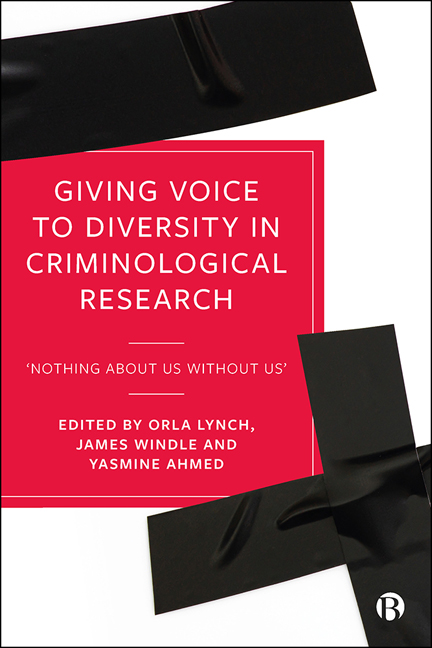7 - Reconsidering the 1991 Blackbird Leys Rioters as an Underclass: An Insider Perspective
Published online by Cambridge University Press: 13 May 2022
Summary
In 1991 there was a riot in Oxford's Blackbird Ley estate; one of several riots that took place that year. Journalist Beatrix Campbell (1993) wrote an influential book, Goliath: Britain's Dangerous Places, that explored the causes of these riots, based on her observations of the riots and interviews with members of the community and those who took part. She took a left-wing, feminist, underclass perspective which identified the rioters as coming from single-parent households with no prospects for work or education. She argued that the riots were a masculine response to a lack of work caused by deindustrialization. As my own research on drugs and violence has also highlighted the role of deindustrialization and the lack of meaningful work (Windle, 2018, 2019; Leonard & Windle, 2020), I have sympathy for Campbell's position. I am unconvinced, however, that the theory fits reality in this case.
I grew up in Littlemore, a housing estate separated from Blackbird Leys by train tracks and waste ground. I remember the riots well. I was 15, too young and scared to make the trip across the waste ground to see the riots. Kids at school who lived on Blackbird Leys talked about the riots with a mixture of excitement and fear. My parents, uncles, and aunties swapped stories, picked up from friends and family living on the estate. We could see Windrush Towers, under which the riots took place, from our front window, and feared it would migrate to Littlemore.
Shortly after first reading Goliath, I bumped into an old friend who had participated in the riots. He was shopping with his wife and children. We talked about their house, his job (tradesman); I asked about his parents (still together), and we swapped parenting stories and debated whether Peppa Pig World is worth a visit (he thought it was).
That short conversation made me think that Goliath got bits right and a great deal wrong. This chapter first describes the riot before critically assessing Campbell's left-wing underclass theory. This chapter is not about an organized group lobbying for a seat at the table under the ‘nothing about us without us’ slogan. Rather it offers a critique, from an insider perspective, of how powerful voices, notably the media, misrepresented marginalized working class youths, and how the underclass theory can be challenged by a little insider knowledge.
- Type
- Chapter
- Information
- Giving Voice to Diversity in Criminological Research‘Nothing about Us without Us’, pp. 133 - 148Publisher: Bristol University PressPrint publication year: 2021



